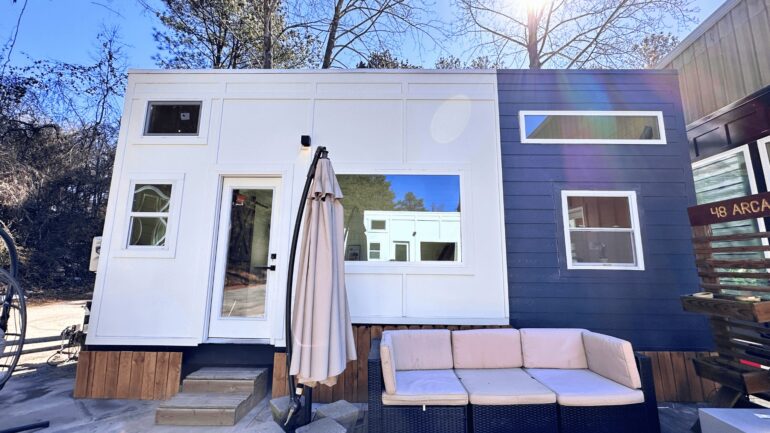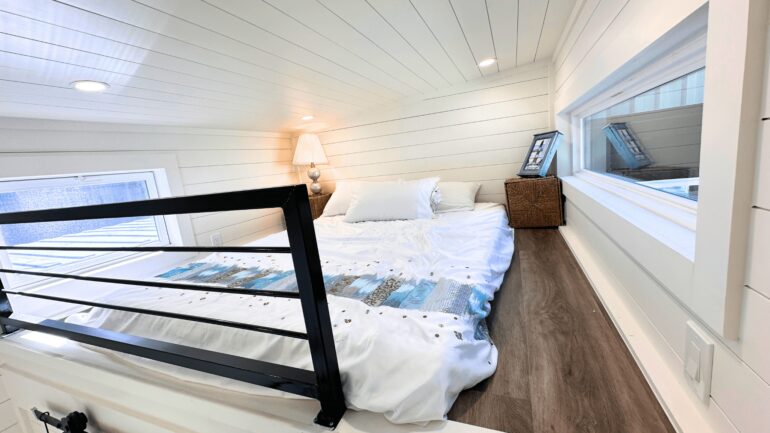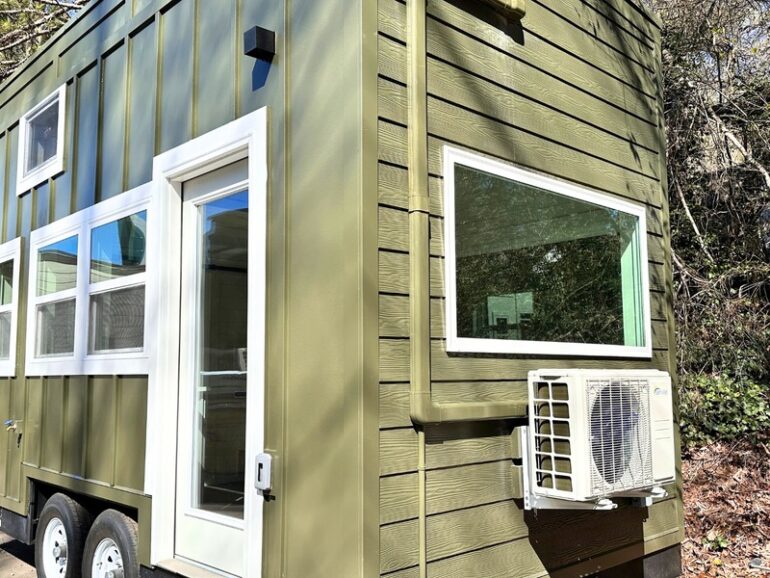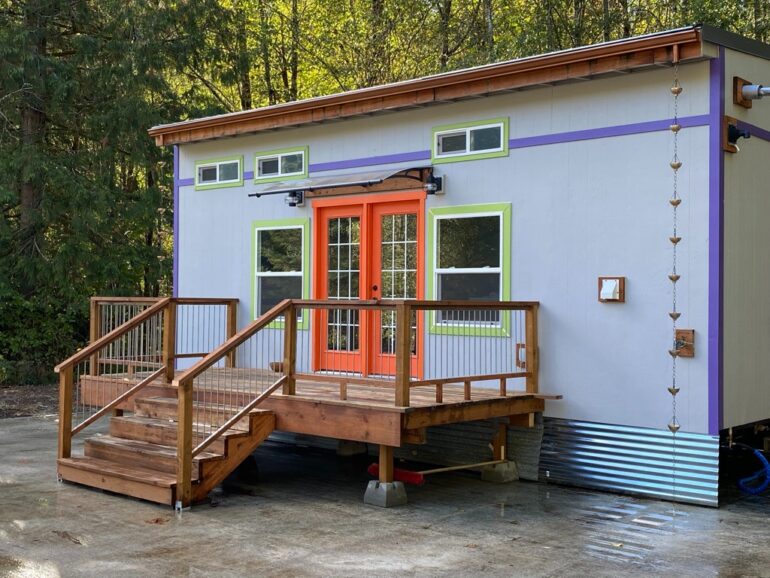Tiny homes, often defined by their small size and efficient use of space, have gained substantial popularity as an alternative lifestyle choice. This surge in interest is driven by various factors including affordability, sustainability, and the desire for a simpler way of life.
These compact living spaces challenge traditional housing norms and offer a unique set of benefits and drawbacks, which we will explore in this discussion. There are many things should look for before you search for “tiny homes near me.”
Let’s go through the most important ones.
Pros of Tiny Homes

First, let us go through the pros.
Affordability
Tiny homes are generally more affordable than traditional homes due to their lower initial purchase cost. This affordability extends to ongoing expenses as well, such as reduced utility bills and maintenance costs.
For those looking to own their home without the burden of a large mortgage, tiny homes present a financially accessible option.
Mobility and Flexibility
One of the unique advantages of tiny homes is their mobility. Many tiny homes are built on trailers, allowing owners to easily relocate.
It is particularly beneficial for travel enthusiasts or professionals who frequently change jobs or locations, offering a level of flexibility that is hard to achieve with conventional housing.
Environmental Impact
Tiny homes contribute to a smaller carbon footprint. Their reduced size means less energy consumption and fewer resources are needed for heating and cooling.
Many tiny homeowners choose to incorporate sustainable technologies, such as solar panels, further minimizing their environmental impact and often allowing them to live off-grid.

Simplification of Lifestyle
Living in a tiny home encourages a minimalist lifestyle by necessitating a reduction in possessions.
It can lead to less clutter and less time spent on cleaning and maintenance, simplifying daily routines and reducing stress.
Community and Connectivity
Tiny home communities often foster a sense of closeness and shared values among residents, particularly those centered around principles of sustainability and minimalism.
It enhances feelings of connectivity and support among community members, enriching the living experience.
Cons of Tiny Homes

Now let us address the cons.
Space Limitations
The compact nature of tiny homes presents challenges, particularly in terms of storage space. It can be restrictive for individuals with hobbies that require equipment or collections.
The smaller living space may be less suitable for families or for hosting gatherings.
Legal and Zoning Challenges
Finding a legal place to park and live in a tiny home can be challenging due to restrictive zoning laws and building codes.
Tiny homes can face hurdles related to insurance and financing due to their unconventional nature, complicating ownership.
Comfort and Convenience
Living in a tiny home often means having smaller appliances and fewer amenities, which can affect the level of comfort and convenience.
Close quarters can also impact privacy and personal space, potentially leading to discomfort.

Market and Resale Issues
The resale value of tiny homes can be uncertain, and the market for potential buyers is typically smaller than for traditional homes.
It makes it more difficult to sell a tiny home when the time comes.
Summary
While tiny homes offer a unique set of advantages like affordability and mobility, they also come with challenges such as limited space and potential legal issues.
Those considering a tiny home should weigh these factors against their personal needs and priorities.
